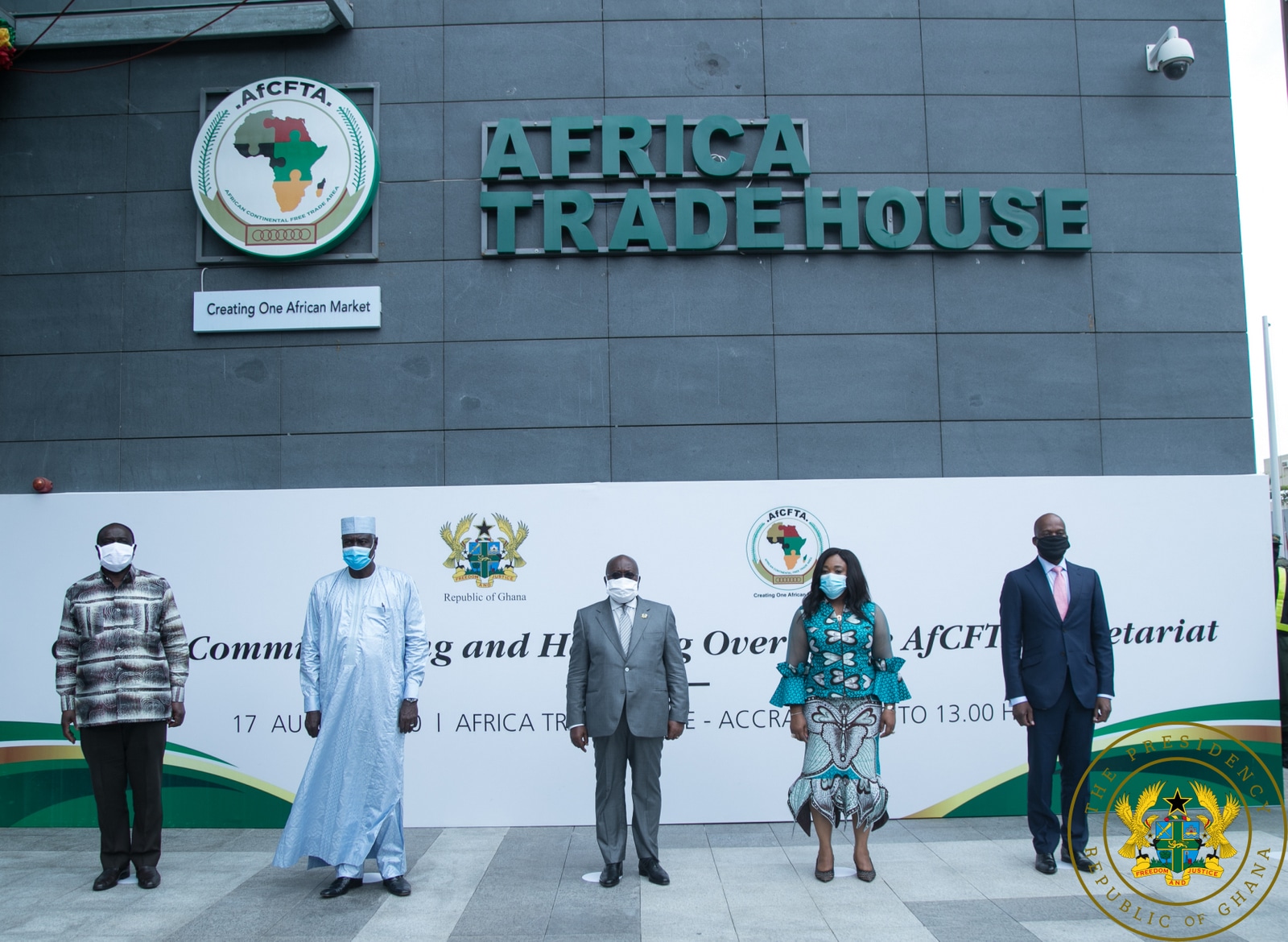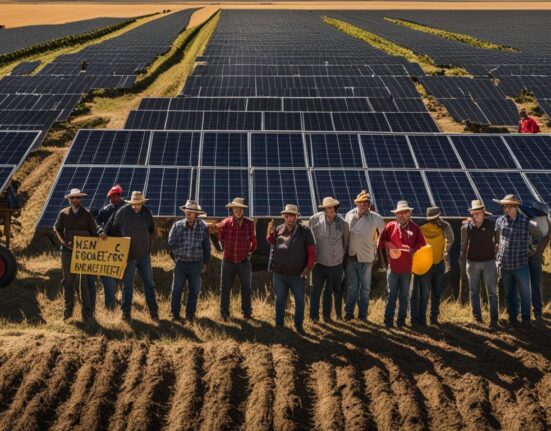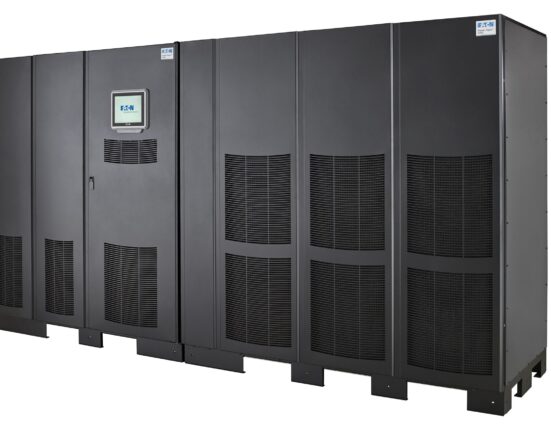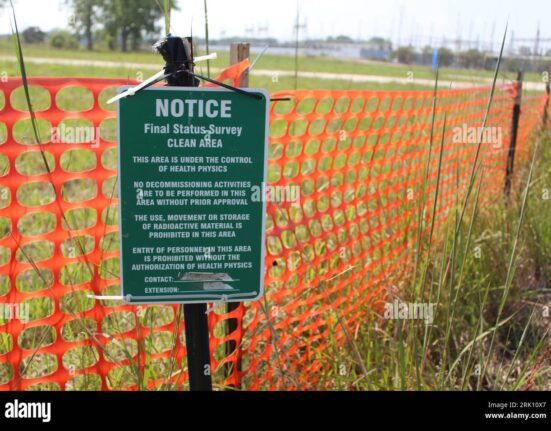Africa is a continent rich in resources, diversity, and potential. Yet, when it comes to energy security, challenges abound. The landscape of interconnected power systems plays a pivotal role in shaping the continent’s energy future. At the heart of this lies the need for regulation, resilient infrastructure, inclusive planning, and unwavering political will.
Picture this: political instability casts its shadow over infrastructure gaps and regulatory hurdles that hinder energy trading across the African continent. But amidst these obstacles lies a beacon of hope – interconnected power systems. Experts gathered at Enlit Africa 2025 in Cape Town to unravel the transformative power of such systems in fostering regional integration, boosting economic growth, and driving sustainable development.
Wilson Masango, SAPP Coordination Centre Manager, sheds light on the evolution within the Southern African Power Pool (SAPP) towards inclusivity by welcoming private sector involvement. He emphasizes how initiatives like SAPP are laying the foundation for a more diverse and competitive energy market landscape.
Masango underscores how Independent Power Producers (IPPs) are gaining traction in cross-border electricity sales within Southern Africa. He cites examples like Mozambique selling power to Zimbabwe as a testament to the growing role of private players in shaping the region’s energy dynamics.
The interconnected grid currently blankets nine out of twelve countries under SAPP’s purview. Masango reveals plans for further expansion with projects underway to connect countries like Malawi to Mozambique and Tanzania to Zambia. These milestones signify not just infrastructural growth but also mark stepping stones towards bridging different power pools across regions.
However, amidst these ambitious plans lie critical challenges such as grid capacity constraints and outdated infrastructure that impede seamless interconnection efforts. Masango stresses that overcoming intra-country limitations is paramount for successful cross-border power trading.
Chinedu Onyegbula from Smart Green Frontier Partners delves into West Africa’s struggle with political will as a stumbling block to regional interconnection efforts. He highlights how shifts in government priorities can disrupt established energy projects and deter investor confidence – underscoring the delicate balance between policy stability and progress.
Standardization emerges as a recurring theme essential for harmonizing regional governance frameworks and mitigating financing risks associated with international investments. The call for innovative financing models resonates strongly as Africans strive for self-sufficiency in funding their energy infrastructure projects.
Charl Jooste of Hatch Africa paints a vivid picture tracing Africa’s journey from localized grids towards national and regional networks driven by industrialization needs and natural resource endowments. His insights underscore how standardization acts as a linchpin enabling seamless cross-border trade while emphasizing continuous updates to grid codes for operational efficacy.
Nadia Algera from Carbon Trust brings forth an inspiring perspective on how interconnected grids pave the way for holistic development strategies encompassing clean energy transitions alongside social inclusivity considerations. She champions technology adoption paired with robust planning as cornerstones for building reliable, equitable, and sustainable energy ecosystems across Africa.
As nations navigate their unique paths towards energy transition amidst varying degrees of generation capacities and renewable reliance, one thing remains clear – interconnected power systems hold immense promise in reshaping Africa’s energy landscape beyond borders.









Leave feedback about this